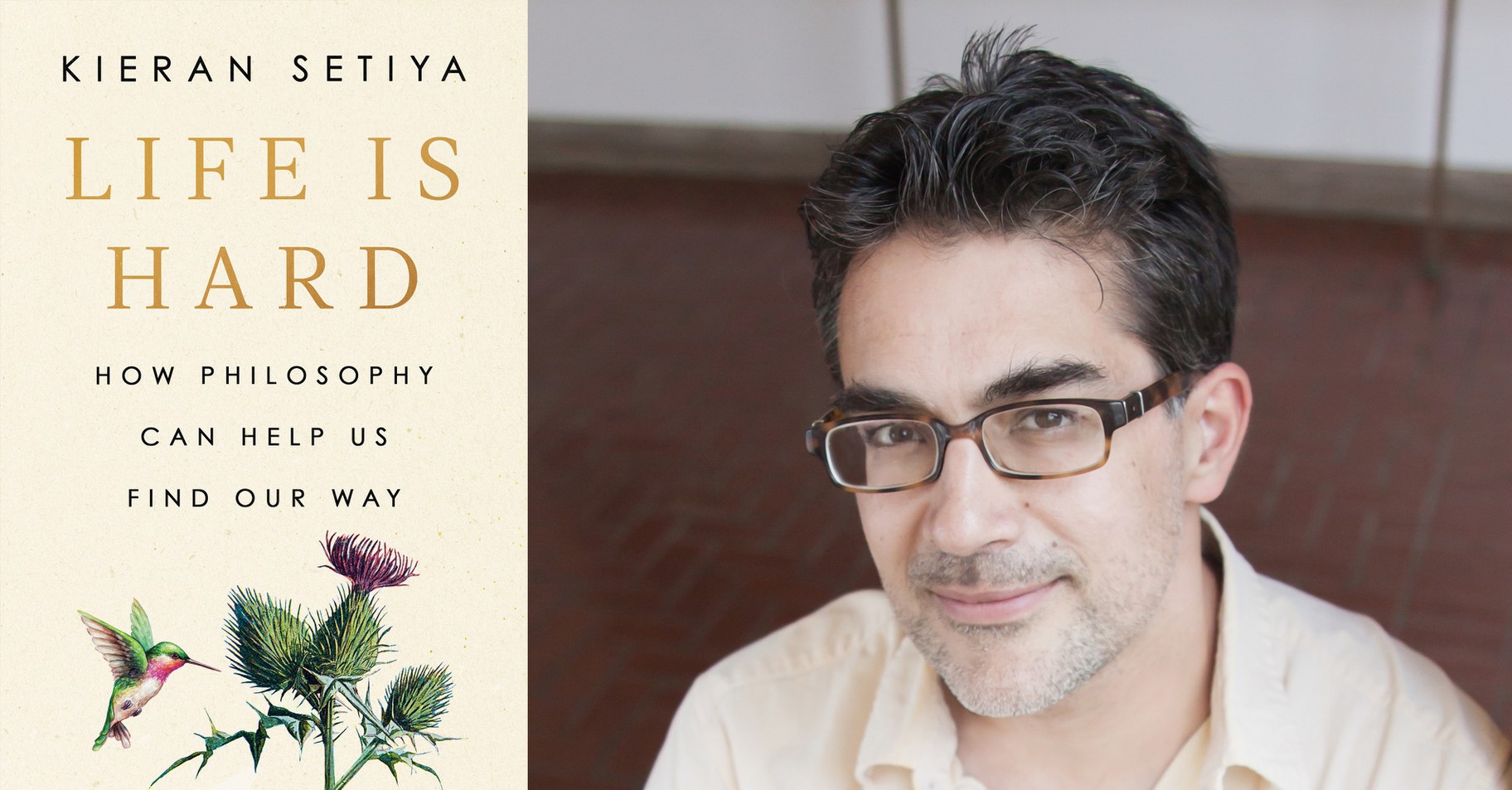The last two years have been tough on many people. But even without a pandemic, life has a way of tossing us curve balls – a job loss, an illness, or an injustice. How do we cope when facing adversity? Is there a prescription, or a road map to navigate our way forward? Or is learning to navigate life’s hardships a better skill than seeking a continual state of happiness? Does living well mean a life that is inclusive of hardship and pain?
In his latest book Life Is Hard: How Philosophy Can Help Us Find Our Way author and professor of philosophy at MIT Kieran Setiya explores these questions. Drawing on the ancient wisdom of Plato, Aristotle, and Thomas Aquinas, Setiya offers a thoughtful approach to dealing with hardship and pain.
“Talking to a friend who is describing something difficult in their life,” Setiya says, “and immediately trying to give them advice, or prove to them that it was all going to be fine and realizing that these were forms of denial, a kind of refusal to acknowledge what they were actually going through. And that just acknowledging that things are difficult, is absolutely essential.”
Delve deeper into life, philosophy, and what makes us human by joining the Life Examined discussion group on Facebook.
Jonathan Bastian talks with Setiya about learning to embrace hardship, and hears about his own experience with chronic pain, and the window it gave him into human suffering.
“Pain sort of interferes with one's capacity to experience good things, interferes with one's capacity to experience the world unobstructed,” Setiya says. “Understanding that was very helpful to me … given that often the pain I'm experiencing is not preventing me from engaging in sort of ordinary daily activities altogether, but it does change how you experience them.”

“Living well is not just a matter of happiness – sometimes living well involves unhappiness, like part of it is experiencing grief in a way that is painful, but nevertheless, is part of being in touch with reality,” says Kieran Setiya. Photo by Heather Kresge.
Setiya also talks about failure and our obsession with winners and losers. “The more we value the process of what we're doing, the less we're mortgaging our sources of meaning in life to success or failure. I think in both of those ways, resisting linear narrative and resisting the project-driven framing of life, we can push back against how we think about our lives,” Setiya says. “It's not going to mean that we succeed more but it's going to mean that failure takes a different shape and has less centrality, and how we understand the significance of our own lives.”
Delve deeper into life, philosophy, and what makes us human by joining the Life Examined discussion group on Facebook.
